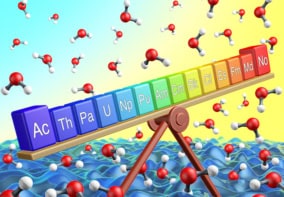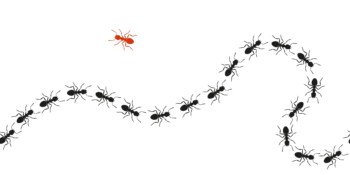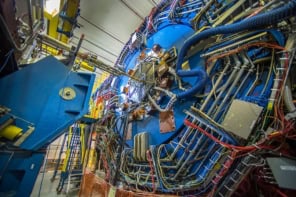The directors of the US nuclear-weapons laboratories helped the Senate reject the Comprehensive Test Ban Treaty (CTBT) last October says the particle theorist Kurt Gottfried from Cornell University, Ithaca, New York (Nature 403 131). According to Gottfried, all the directors implied that ratifying the CTBT would "amount to betting on unproven technologies." This was despite the fact that a earlier joint report from the laboratories stated that nuclear testing only plays a minor role in establishing the status and safety of nuclear weapons.
Since the US stopped testing in 1992 it has relied on the “stockpile Stewardship” programme to maintain the reliability and safety of its nuclear weapons. But a number of misconceptions were spread by the lab directors when they testified to the Senate hearings on the CTBT, argues Gottfried. He says the directors alleged that the US would be at a “intolerable disadvantage” if other nations secretly conducted very low yield tests (which are banned under the treaty). Gottfried also accuses Paul Robinson, director of the Sandia National Laboratory of making politico-military judgements disguised as impartial scientific advice in his testimonial.
Gottfried believes that the failure of the Senate to ratify the CTBT will make it likely that a nuclear arms race will develop on the Indian sub-continent – unless the US changes its position and the lab directors “conduct an embarrassing retreat from the branch on which they are now perched.”



